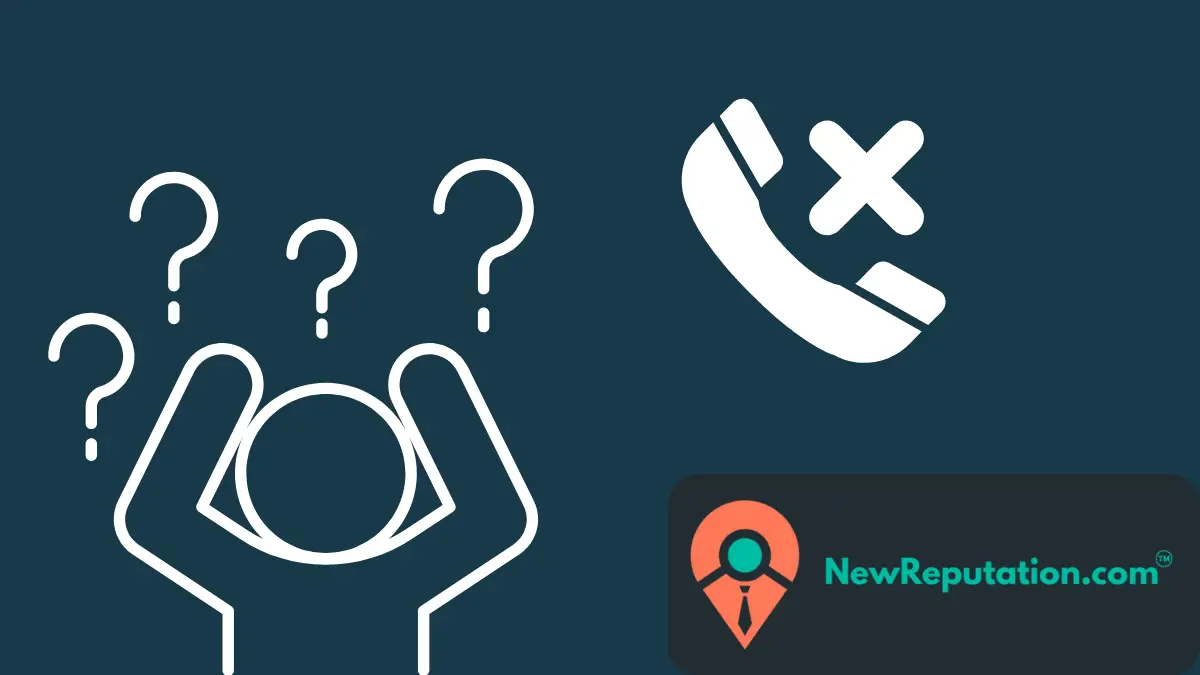If you’ve taken the proactive step of putting your number on the National Do Not Call Registry, it can be annoying to get calls that you didn’t ask for. We’ll talk about why these calls are happening and show you how to take back control of your privacy in this article.
What the National Do Not Call Registry Is
The National Do Not Call Registry was set up by the Federal Trade Commission (FTC) to help keep telemarketers from bothering people who don’t want to be bothered. The registry is a complete list of phone numbers that don’t want to get these calls. Telemarketers can’t call those numbers.
It’s easy to sign up for the National Do Not Call Registry.
Go to donotcall.gov or call 1-888-382-1222 from the phone you want to sign up for. After 31 days, telemarketers must stop calling you if your number is on the list.
Why you might still get calls
1. Delay in putting into action
It is meant to give telemarketers enough time to update their call lists, but there may be times when the implementation is delayed. Some businesses may not update their databases right away, which could cause calls to keep coming in after the waiting period.
2. Exemptions and Calls That Are Allowed
It’s important to know that the Do Not Call Registry doesn’t stop all unwanted calls. The rules in the registry don’t apply to charities, political groups, or survey companies. Also, companies you already do business with or those you’ve given permission to call you can still do so.
What to Do If You Keep Getting Calls
1. Wait until the 31 days are up.
When it comes to the Do Not Call Registry, you need to be patient. Don’t assume there’s a problem until the whole 31-day waiting period is over. This waiting period gives telemarketers enough time to update their databases and take your number off their call lists.
2. Tell the FTC about violations
It’s time to do something if you keep getting calls you don’t want after the 31-day waiting period. Tell the Federal Trade Commission about the violations. To file a complaint, go to their website or call 1-888-382-1222. Be ready to give information like the date and time of the call, the name of the company, and anything else that might be important about the call.
3. Look into ways to block calls
In addition to reporting violations, use your phone’s call-blocking features. Many smartphones come with built-in call-blocking tools that block and filter calls from numbers you don’t know or don’t want to talk to. Check your phone’s settings to turn on these features and get back in charge of the calls you get.
4. Look into apps from other companies
If the call-blocking features that come with your phone aren’t enough, you might want to try third-party apps that are made to filter and block unwanted calls. These apps often have extra features, like the ability to record calls and spot possible spam or scam calls. Look through the trustworthy apps that work with your device to find the one that works best for you.
Steps to Take to Keep Your Privacy Safe
1. Keep your registration up to date.
Check and update your registration on the National Do Not Call Registry every so often to make sure you stay protected. Most of the time, registrations are permanent, but there are times when mistakes or glitches happen. Taking a moment to check your enrollment status can help you feel better.
2. Learn about exemptions
It’s important to know what the Do Not Call Registry exemptions are so you can manage your expectations. Be aware that the registry does not cover all calls.
For example, calls from political groups, charities, and businesses that already have a relationship with you are not covered. This knowledge gives you the power to tell the difference between calls that are okay and calls that are not.
3. Choose services that protect your privacy
If you want online privacy protection, you might want to hire a trusted company like NewReputation. These services do more than just add your number to the Do Not Call Registry. They take a more comprehensive approach to keeping your personal information safe online. For instance, NewReputation helps you keep control of your digital footprint by protecting your personal information.
Taking Charge of Your Privacy
The National Do Not Call Registry is a great way to stop unwanted calls, but you need to be proactive and know how to protect your privacy. You can take back control of your phone and have a more peaceful, uninterrupted digital experience by learning how the registry works, reporting violations, and looking into other ways to protect your privacy. And if you want full online privacy protection, don’t be afraid to contact trusted services like NewReputation to keep your personal information safe.

Kevin Curran is the founder and CEO of NewReputation, a renowned online reputation management firm. He is also the co-founder of ReputationPrivacy, a platform designed to help individuals manage their digital footprint effectively. Kevin has worked with diverse clients, including Fortune 500 companies, high-profile executives, and small business owners, to establish an authentic online presence that accurately represents their brand.

